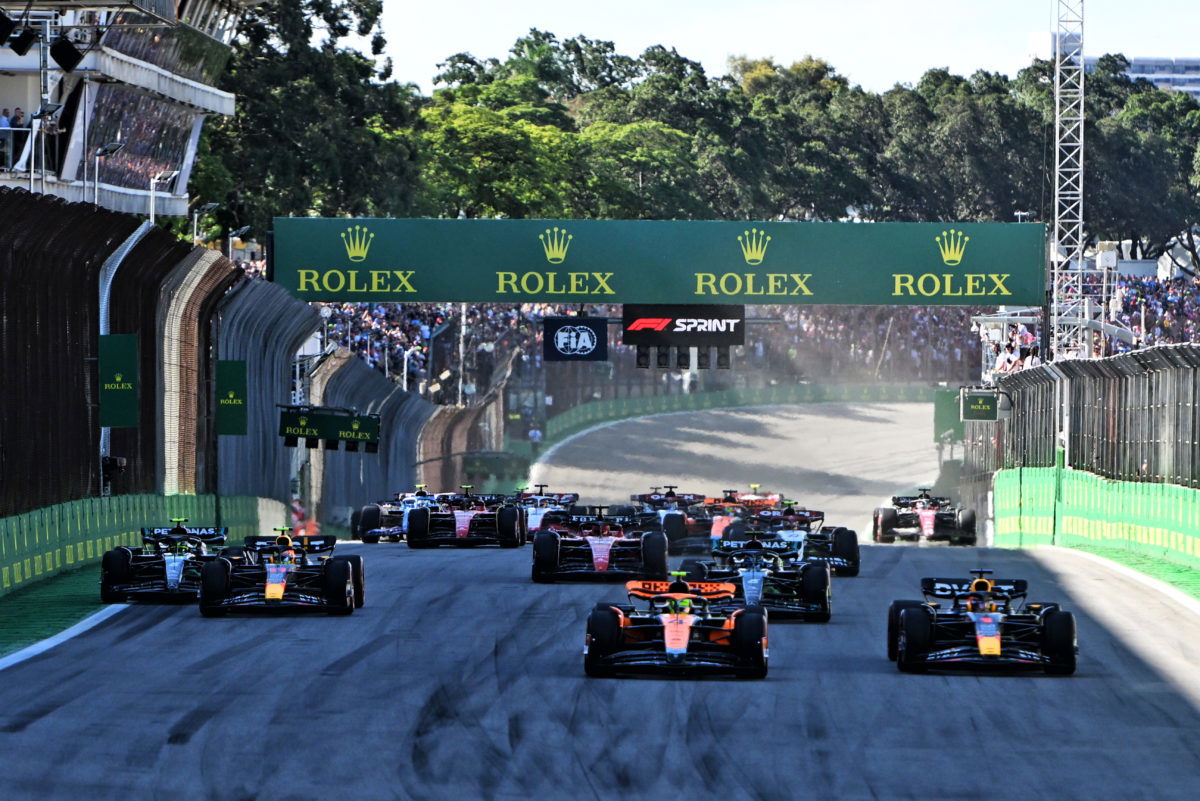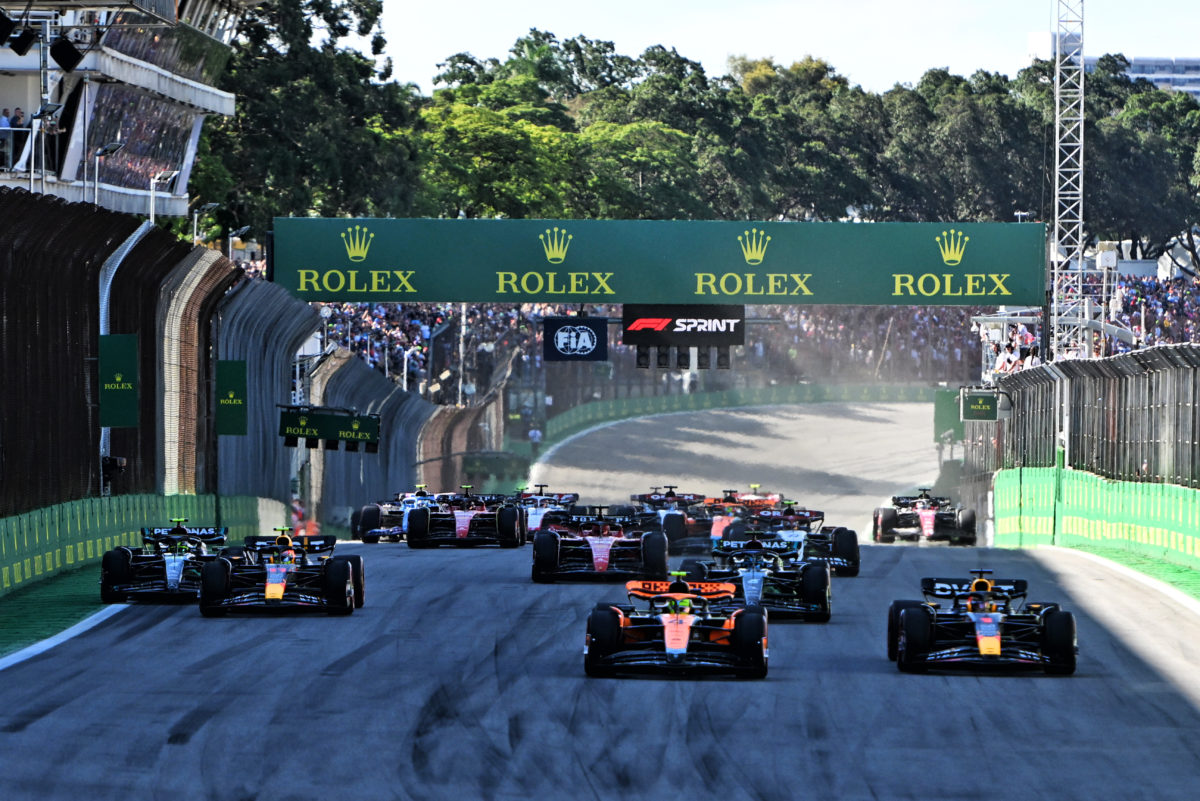

F1 has unveiled its sprint calendar for 2024, which includes the new additions of China and Miami.
Those two events have effectively replaced Azerbaijan and Belgium, with Austria, Austin, São Paulo, and Qatar all retained.
F1 has opted to continue staging six one-third-distance races rather than expand despite the grand prix calendar increasing to a record 24 next year.
One of the reasons is that the Chinese Grand Prix returns after a five-year hiatus due to the Covid pandemic, and the Shanghai International Circuit will now stage the first sprint of next year over the race weekend of April 19-21.
The inclusion of Miami means there will be back-to-back sprint weekends, with that event following on May 3-5.
The short Spielberg track delivered one of the better sprints of this year, and will again host, before a late burst of races at the Circuit of the Americas, Interlagos, and the Losail International Circuit towards the end of the season.
The sprint weekend format is set to change for 2024 following criticisms this season of the detachment between qualifying on a Friday evening and the grand prix on Sunday, with Saturday set aside for the shootout and the sprint itself.
For next year, the shootout is poised to move to Friday evening after the afternoon’s sole practice session, with the sprint and grand prix qualifying on Saturday. The F1 Commission is due to rubberstamp the switch when it meets in early-to-mid January.
Also under consideration is that the format will remain as it is but parc fermé will be addressed given that under the current rules the cars cannot be altered after qualifying on Friday evening despite whatever takes place during sprint Saturday.
There is also a more radical option which would see part of the sprint grid reversed. It is understood that discussions are ongoing as to how this could effectively be achieved. No firm decision has been made on this.
FIA president Mohammed Ben Sulayem said: “We must continuously develop and adapt to ensure we are doing what is best for the sport, and as such we are working with FOM and the teams to define the future direction of the Sprint format.”
Addressing the impact of the sprint overall, F1 CEO Stefano Domenicali said: “Since its creation in 2021, the sprint has been consistent in delivering increased audiences on TV, more on-track entertainment for the fans at events, and increased fan engagement on social and digital platforms, and we are looking forward to the exciting events next year.”




















Discussion about this post